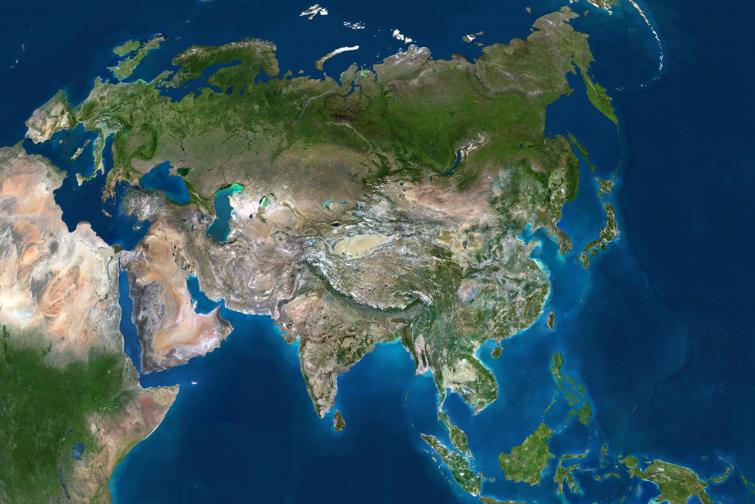
 Press
Press
Malaria - First global mapping of artemisinin resistance confirms definitively that resistance is confined to Southeast Asia and has not spread to sub-Saharan Africa
The first global mapping of artemisinin resistance (the KARMA study) has definitively confirmed that resistance to the main drug currently used in the treatment of Plasmodium falciparum malaria is for the moment confined to Southeast Asia and has not spread to sub-Saharan Africa. Led by researchers from both the Institut Pasteur in Paris and the Institut Pasteur in Cambodia, KARMA gathers a large consortium of institutions including 13 members of the Institut Pasteur International Network. The findings were published on the 22nd of June in the New England Journal of Medicine.
Since 2008, the emergence in Cambodia of Plasmodium falciparum strains resistant to artemisinin derivatives, the latest generation of anti-malarial drugs, has seriously threatened the global effort to fight malaria.
Over the past two years the Institut Pasteur researchers have been leading an international consortium KARMA (K13 Artemisinin Resistance Multicenter Assessment Consortium), supported by the World Health Organisation (WHO) and conducted with 41 partners, including 13 from the Institut Pasteur International Network, in 59 endemic countries. The KARMA study builds on the previous discovery in 2014 by scientists from the Malaria Molecular Epidemiology Unit at the Institut Pasteur in Cambodia and the Department of Parasites and Insects Vectors at the Institut Pasteur in Paris, identifying the K13 gene as the major determinant of artemisinin resistance of P. falciparum in 2014.